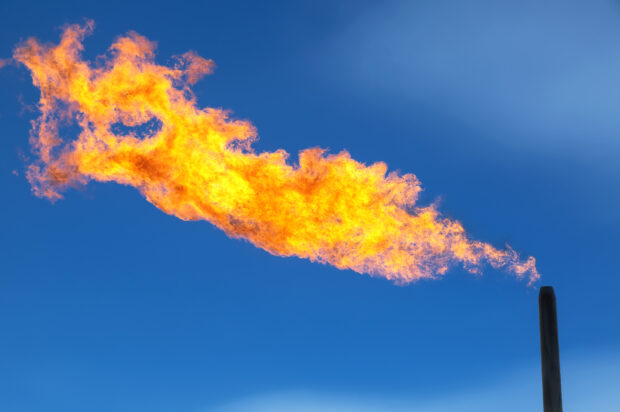Greenwashing lawsuits, while still relatively uncommon, have seen an uptick in recent years, with some alleging harm to consumers and others alleging harm to shareholders. Coca-Cola defended against two consumer suits alleging the company’s environmental statements were misleading to consumers given that Coca-Cola products contribute significantly to global plastic pollution. 7-Eleven also defended against a consumer lawsuit alleging that its product packaging was misleading: consumers took issue with labeling a product recyclable when in fact it may not be able to be recycled in jurisdictions the stores operate. Finally, Danimer Scientific is currently defending against an ongoing securities class action alleging it overstated its polymer product’s biodegradability, particularly when that product ended up in landfills and oceans.
Executive Summary
Both scientists and activists have begun labeling methane as the most important target in the climate fight. That's because over the first decade or so in the atmosphere, methane is 85 times more powerful than CO2 at trapping heat, say executives from Praedicat and Geofinancial Analytics.Greenwashing with respect to climate change is an area ripe for securities lawsuits. Companies have made a point to improve their disclosures related to CO2 emissions and have also made net-zero commitments. But their ability to meet their emission targets is unclear, leaving many D&O underwriters concerned that widespread failure to meet them will lead to a wave of D&O claims. However, it will take several years before we know whether companies meet their goals. In the meantime, D&O underwriters might be worrying about the wrong greenhouse gas.
























